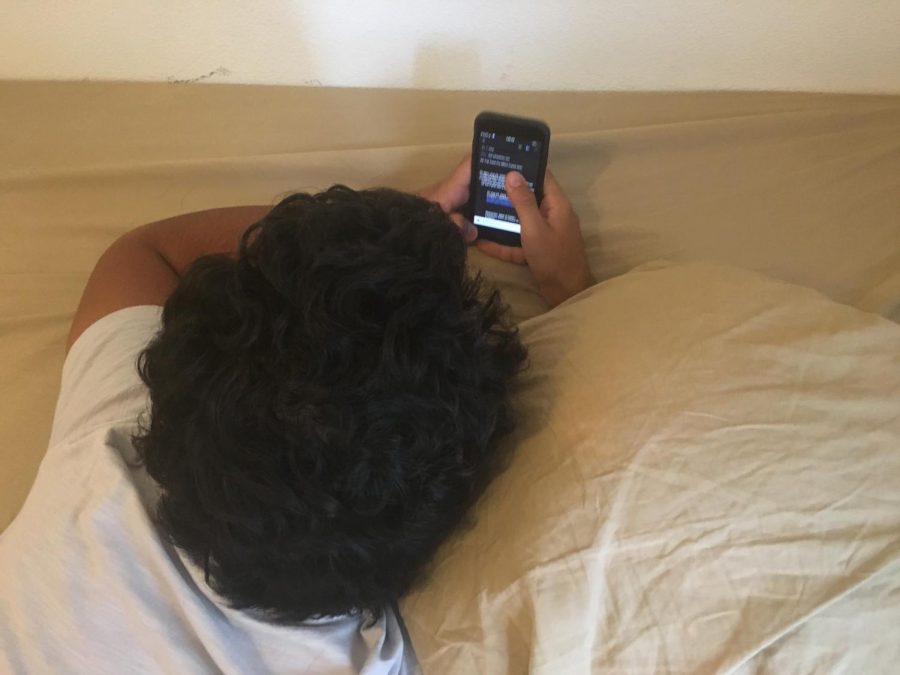How the pandemic and remote learning affects the sleep schedules of students
Because both school work and free time are often spent in the same bedroom, students struggle with separating work and home.
August 24, 2020
Amador students have shifted to online learning due to the pandemic, and it has affected their sleep schedules in many ways.
“It’s been making me sleep very late, and I’ve struggled to wake up on time for school, and it has made learning harder because it’s all independent and you have to teach yourself,” said Aanya Vipani (‘21).
Students’ sleep schedules have been irregular due to official Zoom lessons ending at 12:20 pm. During the afternoon, students may feel inclined to rest or take a nap. Most Amador students have not had a consistent sleep schedule over the summer, and the lack of sleep is bleeding through to the start of remote learning.
“I think my sleep has affected my attentiveness during zoom calls. I find myself yawning quite a bit, but that also might just be because there are so many [calls],” said Alyssa Chen (‘22).
Getting a proper amount of seven to nine hours of sleep at night can increase focus and performance during remote learning, and even in the future when students return to campus.
“Remote learning has negatively impacted my amount of sleep as I have to wake up earlier now, and it’s been especially difficult for me to take naps due to the sunny skies which shine through my window and blinds,” said Aditya Bhandari (‘21).
When Amador introduced online learning back in April and May of 2020, most students did not stray from proper sleep to recharge for the next day. During summer months, it was only natural that they slept whenever they wanted. Now that remote learning has begun, it’s time to normalize waking up at 7 a.m. with enough sleep to function during the day.
“I am definitely getting more sleep now because I feel like I’m getting used to staying at home all the time and setting an efficient schedule unlike last school year when social distancing had just started,” said Karina Thendean (‘23).
Amador students have had to adapt to remote schedules and adjusted sleep schedules, and the lack of sleep is clearly affecting student attentiveness during the 70 minute zoom periods.
According to the Sleep Foundation, “If you’re home all day, you may be tempted to take more naps. While a short power nap early in the afternoon can be useful to some people, it’s best to avoid long naps or naps later in the day that can hinder nighttime sleep.”
Students should go to sleep earlier and get seven or more hours of sleep, so they can wake up refreshed and ready for remote learning.







